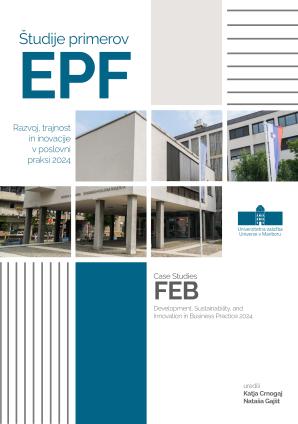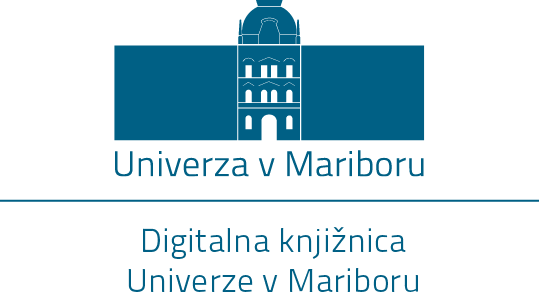Uporaba orodij ekodizajna v praksi: Študijski primer PVC oken
Kratka vsebina
Pri okoljskem upravljanju podjetij se menedžerji srečujejo z več izzivi, med drugim tudi z razvojem okolju primernejših proizvodov. Uporaba načel okoljskega oblikovanja oz. ekodizajna je lahko zahtevno opravilo in predstavlja velik korak k preprečevanju obremenitev okolja pri viru ter s tem prispeva k bolj trajnostni družbi. Za ekodizajniranje proizvodov je na voljo več orodij, ki so različno zahtevna in lahko osvetlijo različne vidike načrtovanja proizvodov. Najbolj celovita orodja ekodizajniranja upoštevajo okoljske obremenitve v vsaki fazi okoljskega življenjskega cikla proizvodov. Ta študija prikazuje primer sistematičnega pristopa k vpeljavi ekodizajna v gradbenem sektorju in je namenjena vsem, ki se ukvarjajo z razvojem izdelkov ali se za ekodizajn zanimajo. Zasnovana je tako, da za razumevanje koncepta ekodizajna ni potrebno predhodno znanje o splošnih postopkih oblikovanja in s tem povezanih tržnih vidikih. Prikazana je uporaba izbranih metod ekodizajniranja proizvodov v podjetju, ki je proizvajalec PVC stavbnega pohištva. Na primeru steklenih oken s PVC okvirjem je bralec voden skozi faze ekodizajniranja proizvoda na način, ki omogoča uporabo istih orodij za okoljsko optimizacijo tudi drugih proizvodov s področja gradbeništva.







